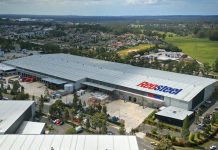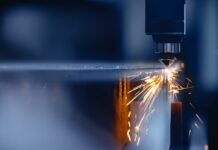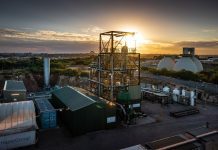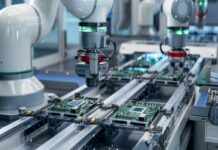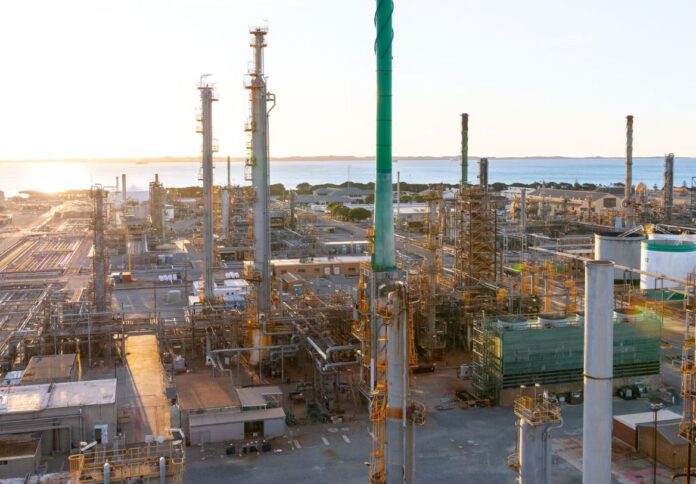
Australian manufacturer bp has entered the front-end engineering and design (FEED) phase of its H2Kwinana project in Western Australia, marking a significant step in the company’s commitment to sustainable energy solutions.
The Federal Minister for Climate Change and Energy Chris Bowen joined bp in Kwinana to commemorate the milestone, the company said in a news release.
In particular, the H2Kwinana project has garnered support from the Australian Government’s Regional Hydrogen Hubs Program, with a substantial contribution of $70 million.
The project’s ambitious goal is to install 100MW of electrolyser capacity at the site, with plans for potential expansion to a total production capacity of 1.5GW in subsequent phases.
H2Kwinana encompasses the installation of hydrogen storage, compression, and truck loading facilities, along with upgrades to bp’s existing on-site hydrogen pipeline system.
Frédéric Baudry, president of bp Australia and senior vice president of Fuels & Low Carbon Solutions, Asia Pacific, stated that bp is actively enhancing the current energy system while simultaneously constructing the energy system of the future.
“H2K at Kwinana is bp’s strategy in action, leading from the front in decarbonisation in the region and providing energy security through diversity. Going into FEED, with the support and belief of the state and federal governments, is a major milestone for this project,” Baudry noted.
According to him, the hydrogen produced from water and renewable power has the potential to play a key role in decarbonising bp’s planned biorefinery and other industrial facilities in the Kwinana industrial area.
Meanwhile, Lucy Nation, vice president of Hydrogen, Australia, and Asia Pacific, emphasised bp’s commitment to the energy transition, stating, “Part of bp’s strategy is leaning into the energy transition through our five transition growth engines: biofuels, mobility and convenience, EV charging, renewable power, and hydrogen.”
She said that the Kwinana Energy Hub exemplifies the implementation of this strategy by repurposing pre-existing process units, tanks, pipelines, and utilities from the former refinery as the foundation for both Kwinana Renewable Fuels and H2Kwinana.
“Both of these projects will allow us to supply ourselves and our customers with products that allow them to meet their own emissions targets while also contributing to Australia’s decarbonization targets,” Nation noted.
A feasibility study supported by the WA government underscores the project’s potential to support the decarbonisation of the state’s heavy industry sector.


